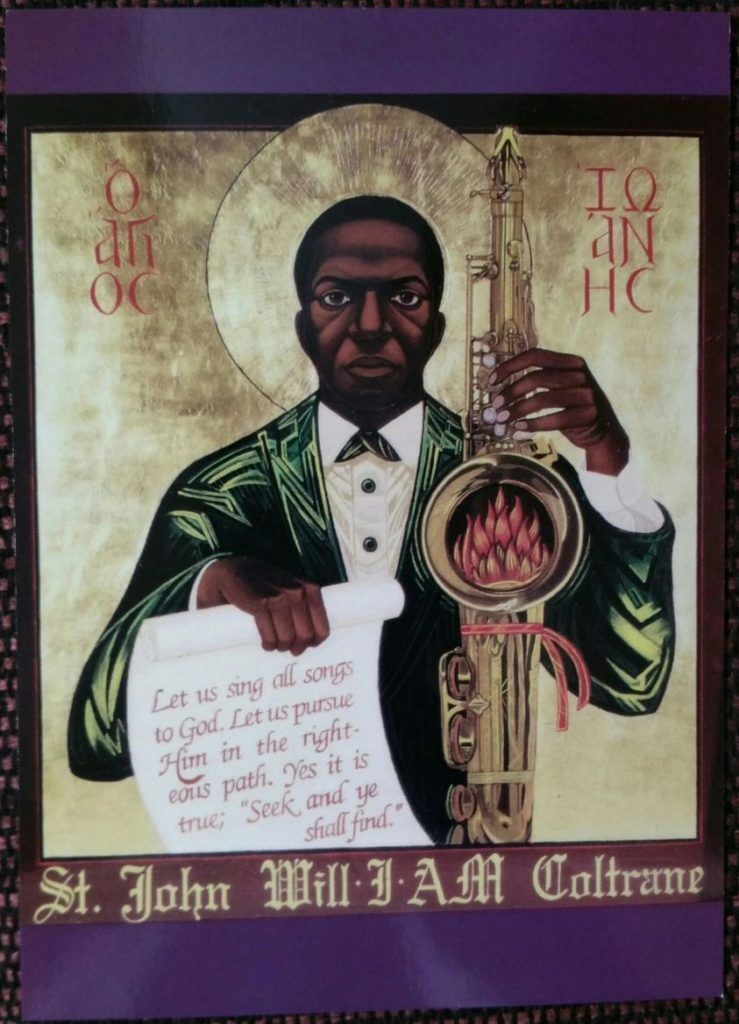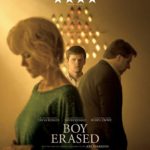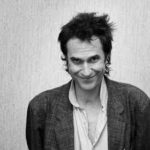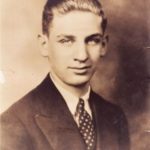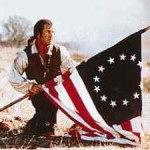In eleventh grade, I instantly and forever fell in love with my AP English teacher Dorothy Krasovec, but as Ian Hunter wryly penned, “all of the good ones are taken.”
A Fairmount Temple carpool friend of mine started griping about the existence of God one day. “I don’t see him. Where is the proof he exists?”
I had already grown bored of that talk. Kierkegaard argued that it must be based on faith.
I’ve never debated and rarely discussed religion. I moved beyond that by thirteen. I’ve raised hell with people who seemed too sure of their opinion, but I’ve mostly left people to believe what they believed without judgment or protest.
Few will change their minds on the subject no matter what you say, and there really is no earthly answer. The laws of the universe just are as they are; they are way too complex for anyone alive to grasp, and it’s mostly something between you and whatever you consider your maker to be.
It’s been something that has left me up all night, filled with fear and angst, since six.
Mrs. K’s answer really delighted me, though. She said that her evidence of God was the beauty of nature that she saw as omnipresent.
She introduced me to Ralph Waldo Emerson and Henry David Thoreau.
She showed me the poetry of Edwin Arlington Robinson and Edgar Lee Masters, which I found akin to the work of Ray Davies of the Kinks. Still, my biggest hero and oft compared to Robinson’s Miniver Cheevy.
The Kinks are known for their early hits, which basically invented punk and heavy metal, but Davies is a curmudgeon who sabotaged his career to pursue something more artistic.
A colossal flop at the time, The Kinks Are the Village Green Preservation Society had a theme with the line “God save little shops, china cups, and virginity.”
Released late in 1968 after the “Summer of Love,” it predicted how corporations like Amazon and Walmart would destroy small-town values, souls, and pastoral life via technology.
If you want your masterwork to flop preach china cups and virginity when people are sleeping with each other in the mud and burning down cities in the streets. It’s still a better message than anything that came out that year long term.
In the song “Big Sky,” Davies used the sky as a metaphor for God, sang about his absence, how he doesn’t intervene, and how small we are in the infinite universe, but just like my teacher, he sang the same message.
One day we’ll be free
We won’t care
Just you wait and see
And when I feel
that the world is too much for me
I think of the Big Sky, and nothing matters much to me
‘Til that day can be, don’t let it get you down
Davies said everything that needs to be said about today over 50 years ago. Ornery but loving by nature, he later wrote a song against lifesaving organ transplants.
He’s got no right at all
Cause we are all God’s children
And he got no right to change us
Oh, we gotta go back the way the good Lord made us all
There is a famous Ferris wheel scene in the movie “The Third Man” where Orson Welles, whose character is killing people with watered-down Morphine, says that he doesn’t mind losing a few dots for easy profit. The movie argues that there is no truth.
” Victims? Don’t be melodramatic. Look down there. Tell me. Would you really feel any pity if one of those dots stopped moving forever? If I offered you twenty thousand pounds for every dot that stopped, would you really, old man, tell me to keep my money, or would you calculate how many dots you could afford to spare.”
Davies finds the hugeness and beauty inside every one of the seemingly small dots that inhabit the planet.
It is my belief in God. It’s the same basic message I find in almost every religion and philosophy.
You appreciate the good you see in the world and do your best to improve the world. John Lennon called it “Instant Karma.”
What reason is there to disagree about who brought forth the concept of being a decent person.
I tend to live by a moral code of my own. Some organized religions tell you that is the way to seed. It doesn’t matter to me. It’s my way.
The only church, temple, or organization I’ve ever felt I wanted to be a part of was dedicated to John Coltrane on Divisidero Street in San Francisco. Silicon Valley money has pushed it out of the city but it still persists on the fringe.
https://www.coltranechurch.org/
“Giant Steps” was the first jazz album I really tried to conquer. It took me fifteen listens on cassette, but it was well worth the effort.
After hurting my foot in a basketball game, I took my cat Bailey to the airport for a red eye across the country and was stunned by the sight of nuns selling T-Shirts of the late saxophone master.
I later found out that the head of the church had also been a jazz sax player who followed Coltrane’s example in kicking heroin. Coltrane had not only kicked; he had devoted his music to God. They had chosen him as their example and patron saint. The beauty of his musical odes was their proof of salvation.
The services were open to anyone of any belief. There was no dress code. They would pass out tambourines and drums for anyone to participate.
Minus the religion, it was simply a suburb Jazz show well worth donating to when they passed the plate around at the end.
Passages from the bible were included with Coltrane’s music.
The basic message was that you had nothing to worry about as long as you believed.
I’ve long envied true believers. They don’t have to vex or fret over pain and death. As long as they do good and don’t use their certainty to ruin things for others, it seems like a superior and less stressful way to live.
Then again, you either believe or you don’t. Your faith is either tested every day or not at all.
Jim Morrison sang, “I’ll tell you this. No eternal reward will forgive us now for wasting the dawn.”
I don’t see life as a test run. If there is something more, I see it as a bonus.
Ultimately, there is nothing wrong with taking a deep breath, stepping back, and clinging to what you see as beautiful in the world. Grasp tight at the people, places, and things that you love, and never forget the ones you have loved and lost.
They made you. They survive in you, and you survive in those you touch and make better.

